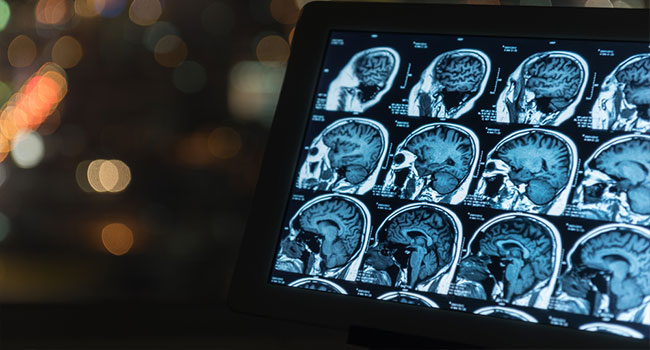
Millions of Americans’ Medical Images Were Left Unprotected on The Web, Report Finds
A new investigation discovered that the medical images and health data of more than 5 million patients in the U.S. was readily accessible on the web without a password or login.
- By Haley Samsel
- Sep 18, 2019
Millions of Americans had their health records and medical images stored in widely accessible internet databases that were virtually unprotected by passwords or other cybersecurity measures, according to a new report by ProPublica and a German broadcaster, Bayerischer Rundfunk.
The news outlets identified 187 servers containing the exposed records, which included X-rays, MRIs and CT scans, of more than 5 million patients in the United States and millions of people around the world. The amount of information exposed depended on the health providers, which spanned from doctors’ offices and medical-imaging centers to mobile X-ray providers.
While there have been several security breaches concerning medical data in recent years, the ProPublica discovery was slightly different because it did not involve a malicious actor or hacker trying to access the records. There is no evidence that the records were accessed and used for malicious purposes, and several medical businesses notified about the cybersecurity issues have taken steps to take the databases offline.
“It’s not even hacking. It’s walking into an open door,” Jackie Singh, a cybersecurity researcher and chief executive of the consulting firm Spyglass Security, told ProPublica.
The findings were an extension of research done by Greenbone Networks, a German security firm that identified similar issues in at least 52 countries. In the U.S., it’s not completely clear who is to blame for the privacy failures, though medical providers are bound by the Health Insurance Portability and Accountability Act (HIPAA) to keep Americans’ health data confidential and secure.
A former Health and Human Services privacy official, Joy Pritts, told the news outlets that the government has not been tough enough in policing cyber breaches. She pointed to a recent announcement by the department that lowered the maximum annual fine from $1.5 million to $250,000. A spokesperson for the department declined to comment.
While it’s yet to be seen if HHS will take a tougher stance on enforcing HIPAA violations on cybersecurity breaches, security researchers said the exposure of sensitive medical data is a major issue for patients and their providers. In the last two years, more than 40 million people in the U.S. have had their medical data compromised, according to a report from HHS.
“Medical records are one of the most important areas for privacy because they’re so sensitive,” Cooper Quintin, a security researcher with the Electronic Frontier Foundation, told ProPublica. “This is so utterly irresponsible.”
For patients wondering if their medical data is secure, you can ask doctors and medical service providers if access to the images requires a login and password. In addition, patients can inquire if the office or medical imaging provider conducts a regular security assessment required by HIPAA.
About the Author
Haley Samsel is an Associate Content Editor for the Infrastructure Solutions Group at 1105 Media.